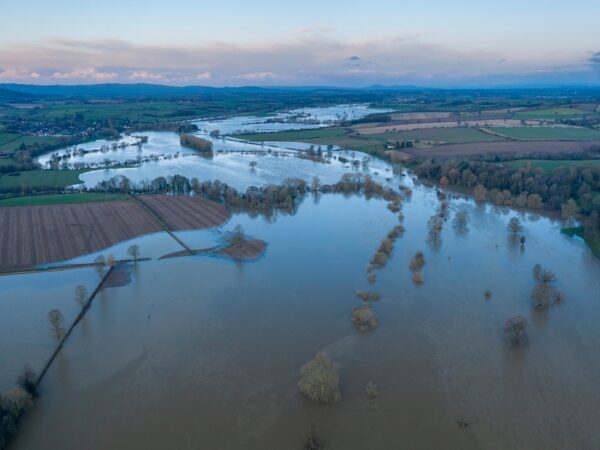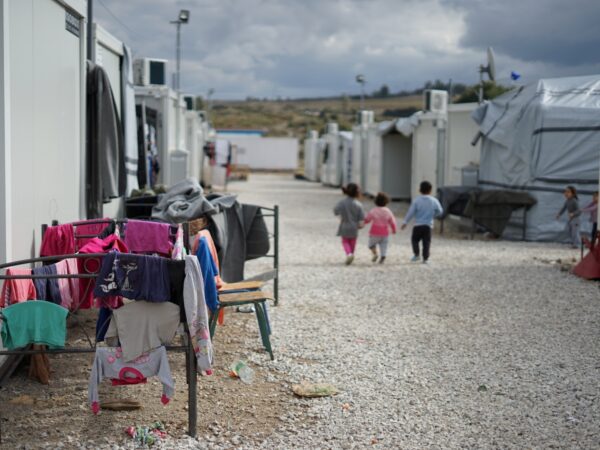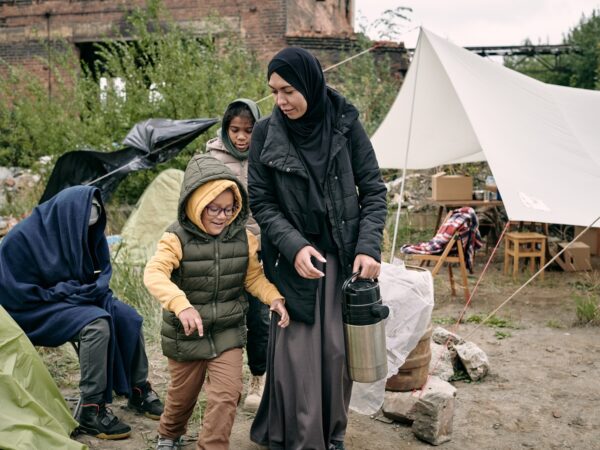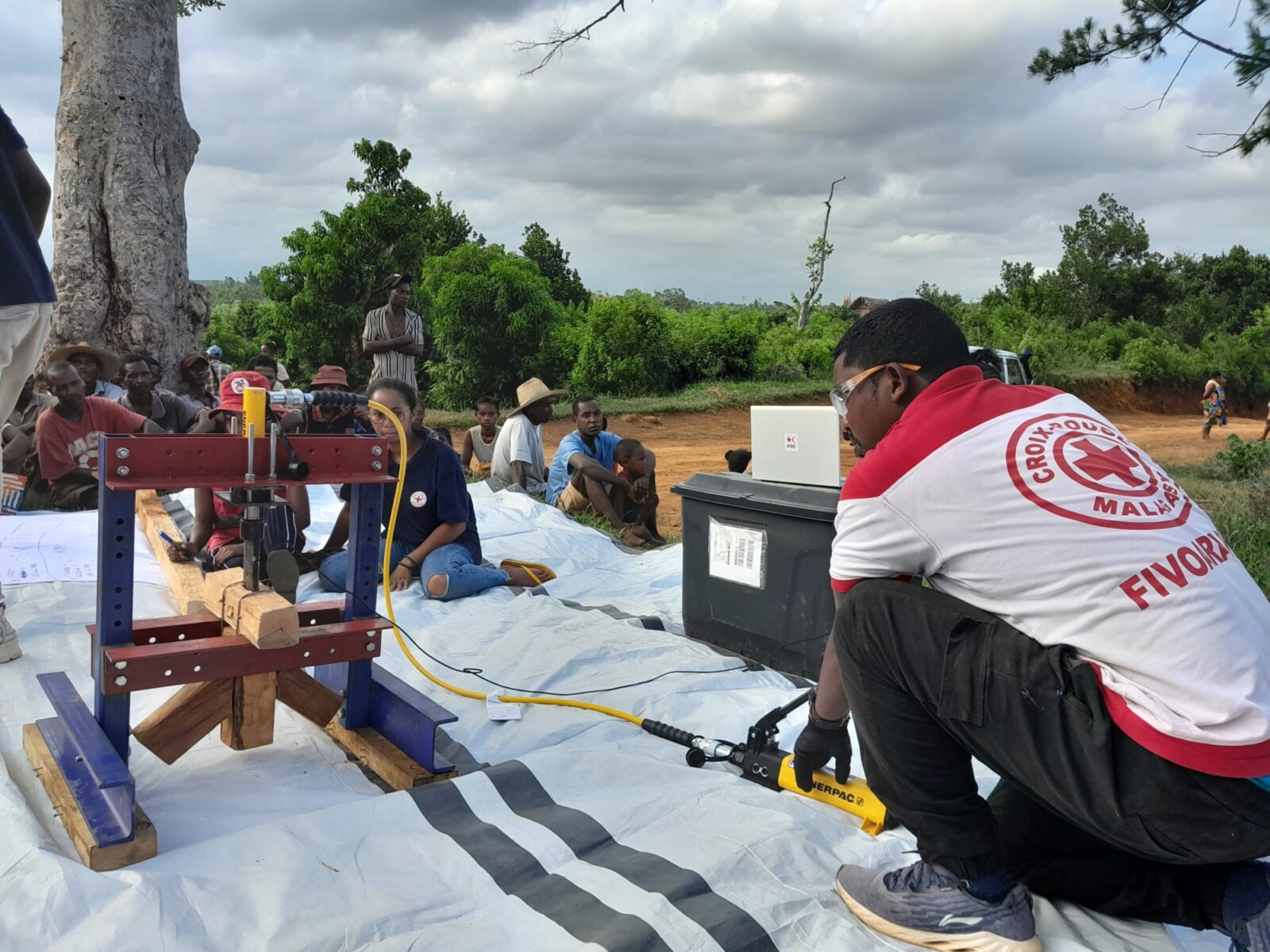
Tropical cyclones are a huge problem in Madagascar, as they destroy
thousands of traditional houses around the country’s coast every year.
Traditional home construction, using plant materials collected locally, is widespread, accounting for 80% of houses in coastal districts of Madagascar.
The School of Engineering’s Dr Thomas Reynolds, Dr Yuner Huang and Dr Chris Beckett led a project funded by the University’s EPSRC IAA programme to find a solution that makes houses in Madagascar more resilient to cyclones.
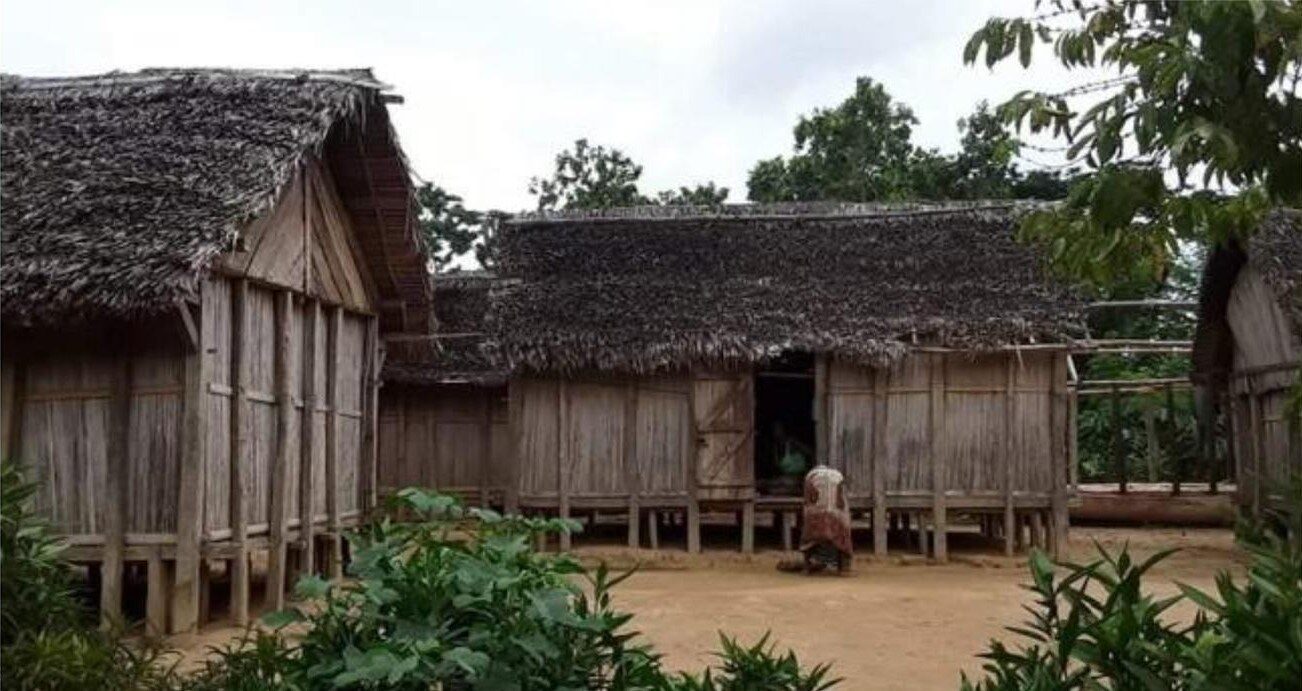
Strengthening communities through collaboration
The collaborative research team* that brought together researchers from the Universities of Edinburgh, Liverpool and Antananarivo developed a consistent process for making building components and a portable structural testing rig. The team worked with Red Cross organisations to train and enable local operatives and project volunteers to perform structural tests. They demonstrated the difference in behaviour between construction techniques to the local communities and involved them in the experiments to make them feel truly a part of the process.
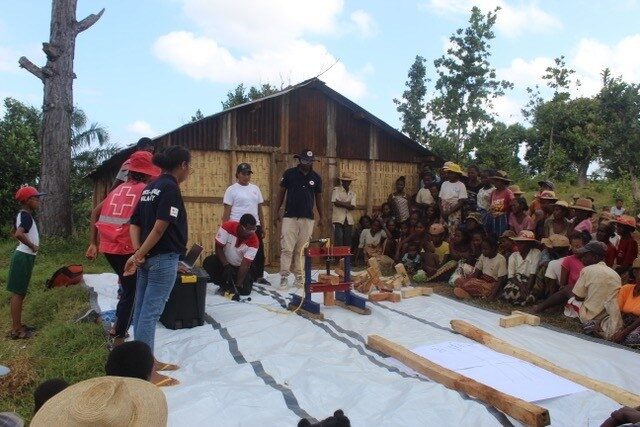
Red Cross employees and volunteers visited villages in the coastal regions and involved locals in testing two types of joints and columns: first using traditional methods, then following guidelines for resilient construction. They used software developed at the University of Edinburgh to give an immediate visual representation of results (regardless of language or literacy) and arranged specimens on the ground to illustrate their relative strengths to the - sometimes large - crowds of local people watching.
Back in Edinburgh, the team analysed the data and made recommendations about how guidelines and experiments should be adapted for future fieldwork and how the rig can be adapted to test other components used in traditional building techniques, such as clay bricks.
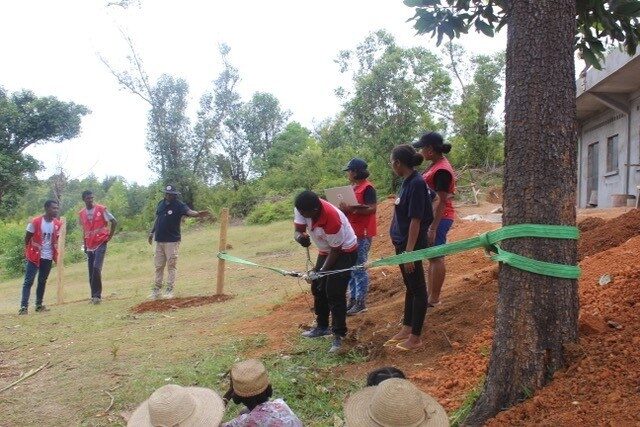
Resilience via research
The ultimate goal of this research is to significantly reduce the vulnerability of Madagascar’s coastal communities to cyclones, and return surveys carried out by Red Cross six months after their first visit showed good local knowledge of the construction techniques that had been demonstrated to them, and numerous examples of people implementing the recommended changes in their own homes.
Andrianina Fanomezan from the International Federation of Red Cross and Red Crescent Societies said:
The Red Cross considered this collaboration to be of great value... to facilitate discussions and advocacy on the topic of enhancing the resilience of living quarters to cyclones, both at the community level and... including governmental and non-governmental organisations. The approach under study has yielded the desired outcome for both the Croix Rouge Malagasy and the community that we serve."
The research team are keen to work with other NGOs who are supporting similar vulnerable communities across the globe. They presented their collaborative research project to several other humanitarian organisations and government departments in Madagascar in August 2024.
*The research team include researchers from Edinburgh (Dr Thomas Reynolds, Dr Yuner Huang, Dr Chris Beckett and Mr Benjamin Olin), Croix Rouge Malagasy (Red Cross Madagascar), International Federation of Red Cross and Red Crescent Societies (IFRC Andrianina Fanomezan), University of Liverpool (Dr Alexandre Gagnon), the Ecole Supérieure des Sciences Agronomiques (ESSA) at the University of Antananarivo (Dr Tahiana Ramanantoandro).
Resilience of Traditional Structures in Madagascar to Cyclones in a Changing Climate (RC3) blog

Business Development Executive
School of Engineering
Institute for Materials & Processes and Institute for Infrastructure & Environment
